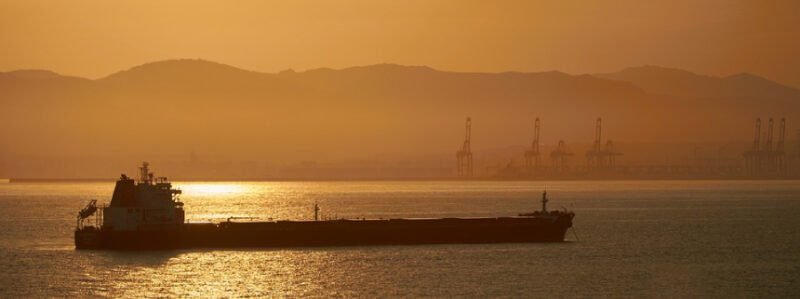The European Council presidency and the European Parliament’s negotiators have reached a provisional agreement on a revised directive on ship-source pollution as part of a maritime safety legislative package. The agreement incorporates international standards into EU law, ensuring those responsible for illegal discharges of polluting substances are subject to dissuasive, effective, and proportionate penalties to improve maritime safety and protect the marine environment. The revised legislation aims to extend the scope of the current directive, establish a strengthened legal framework for penalties, and separate the administrative sanctions regime from the criminal sanctions’ regime enshrined in the new draft environmental crimes directive.
The general thrust of the European Commission’s proposal was retained by the co-legislators, with several changes introduced to ensure clarity and coherence with international rules and procedures, particularly those of the international convention for the prevention of pollution from ships (MARPOL). The provisional agreement also indicates more clearly that the legislation concerns administrative penalties only, drawing a clear line between the scope of this directive and that of the new draft legislation on environmental crimes. The agreement needs to be approved by both co-legislators before the formal adoption of the legislative act by the European Parliament and the council, with member states having 30 months to transpose its provisions into their national legislation.
Overall, the provisional agreement on the revised directive on ship-source pollution aims to equip the EU with modern tools to support clean shipping, align EU rules with international standards, and secure a level playing field for the maritime sector. It also seeks to improve implementation and enforcement through an enhanced cooperation framework between European and national authorities. The agreement introduces adequate flexibility regarding member states’ obligations to verify and report pollution incidents, aiming to avoid imposing an excessive administrative burden and recognizing member states’ diverse situations in terms of geographical location, resources, and capabilities.



